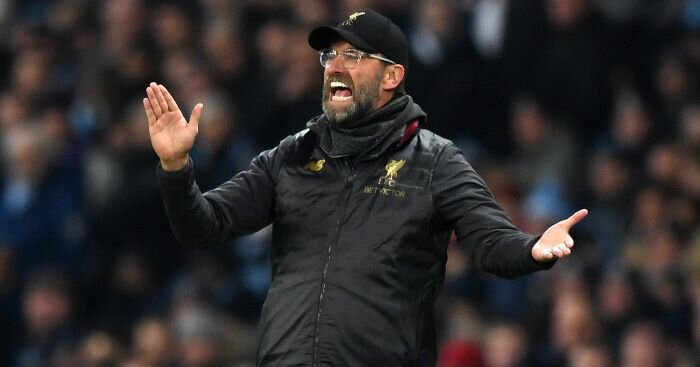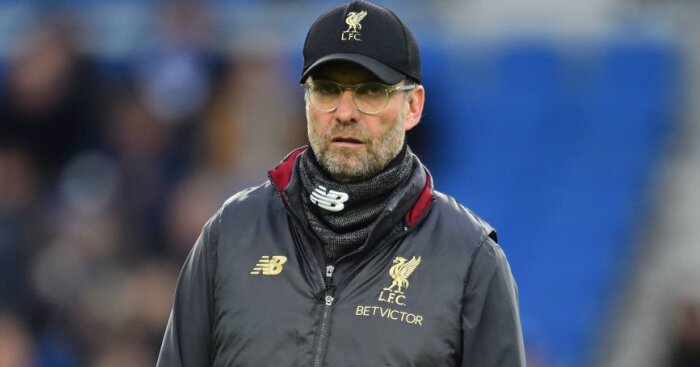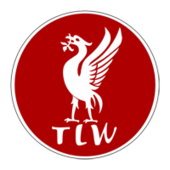Jurgen Klopp has explained that he needed to get a few things off his chest in the aftermath of Liverpool's defeat to Man United.
The performance at Old Trafford on Monday evening is without question one of the poorest in the Jurgen Klopp era, certainly when you take into account the standard that this Liverpool squad has set for themselves in recent seasons.
The downside to excelling on a constant basis is that when there is a slight dip, the instant reaction is to think that this is the start of the downfall and a crisis is just around the corner.
In recent weeks there have been all kind of analysis regarding what maybe the cause, from the departure of Sadio Mane, the average age of the squad, to whether the seven season curse is coming into effect with Klopp yet again.
You only have to look at the substitute bench in all Liverpool’s first three matches to see that the number of absentees is a real issue and squad depth is thin on the ground at this point of time.
However it also has to be noted that there has been more than enough talent on the pitch to perform at a higher standard, and as a collective unit they are clearly down on form.
While not being able to affect results in a playing sense, Klopp is a barometer of Liverpool and there have just been slight insights that he realises that things are a bit off at this present moment.
Never one to draw on negatives about his team in a public forum, the honest words after the Fulham draw spoke volumes and while he was keen to not go too in depth at his pre-match press conference ahead of the Bournemouth fixture, Klopp said that he wanted to go over the match in a measured fashion as the Mirror reported.

“There was no discussion. I was getting things off my chest. The good thing about this meeting is I feel much better after it!
“It is not that I shout at the players, not at all, it is about putting things in perspective, what we did well and what we didn’t do well.
“Everything is judged, but in the end only one thing is important and that is what we think ourselves about it. We cannot do things to please the outside world, to make crazy challenges and get a red card. We never were that and we will never be that."
Losing matches in the league is not a familiar feeling to this squad, with the defeat against United being their first since losing at Leicester on the 29th of December.
Usually, the main question heading into a fixture against Bournemouth at Anfield would be how many goals will the Reds win by.
But you sense that Klopp and everyone associated with the club will be delighted to just get the three points on the board in any fashion possible and build from there.

“For us and for me, it is clear what we have to do. I cannot go into detail but of course we talk about pretty much everything, especially the important things for us, and try to exclude the not so important stuff.
“This is the first proper fightback early in the season and it will take hopefully until the last day of the season - just us against the rest of the world - let’s go.
“We are doing it a harder way than I would prefer. We don’t make our start bigger or worse than it is but we don’t think it is great. We really want and have to do better."
And always on point, Klopp knows that any success with Liverpool never occurs without taking the hardest route possible.
“This is the chance we have now. The last five years might have looked different but our supporters know if you want to support a club without any kind of drama or lows then you cannot choose Liverpool. Our people are used to that."





Recommended Comments
Join the conversation
You can post now and register later. If you have an account, sign in now to post with your account.